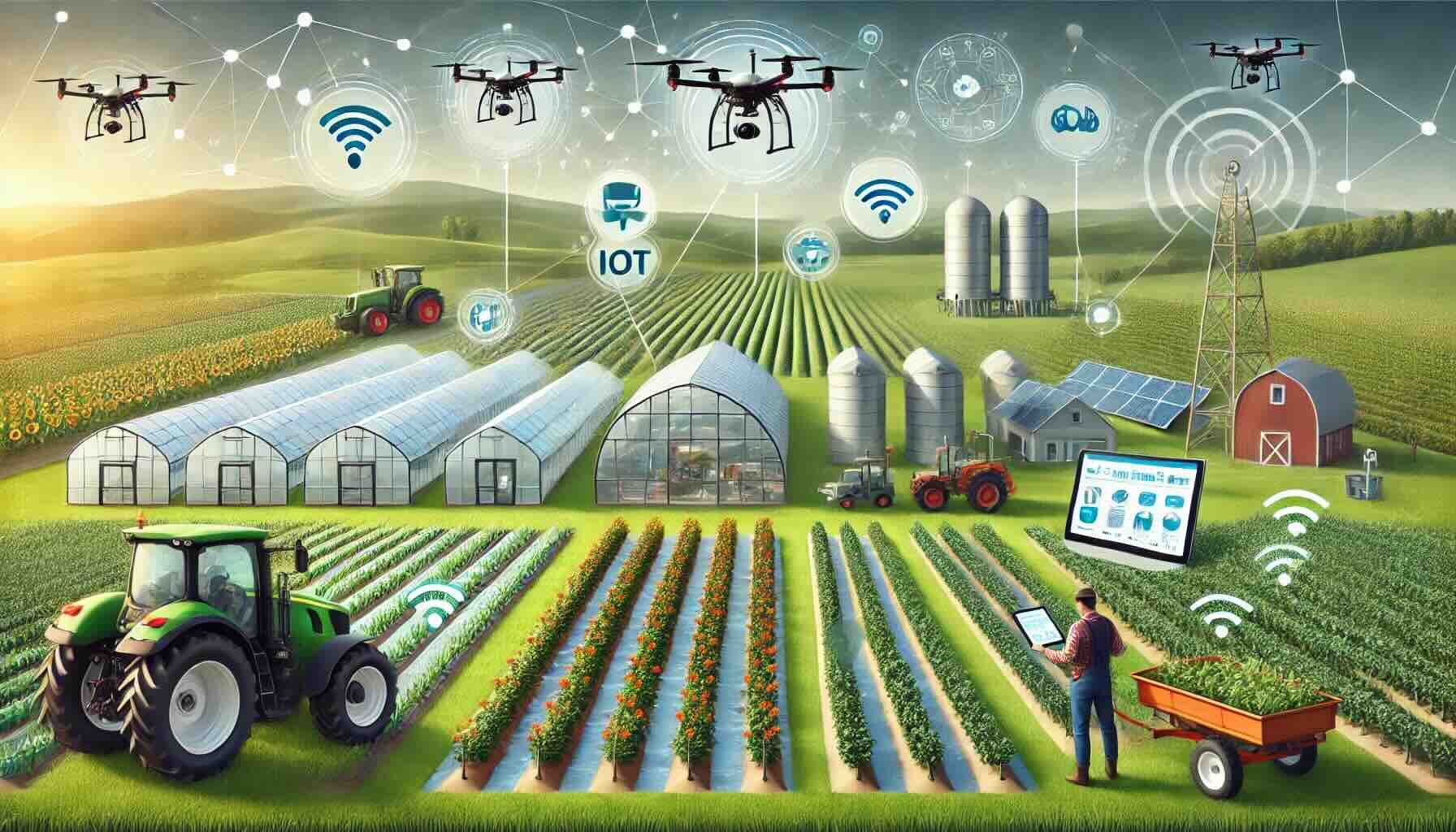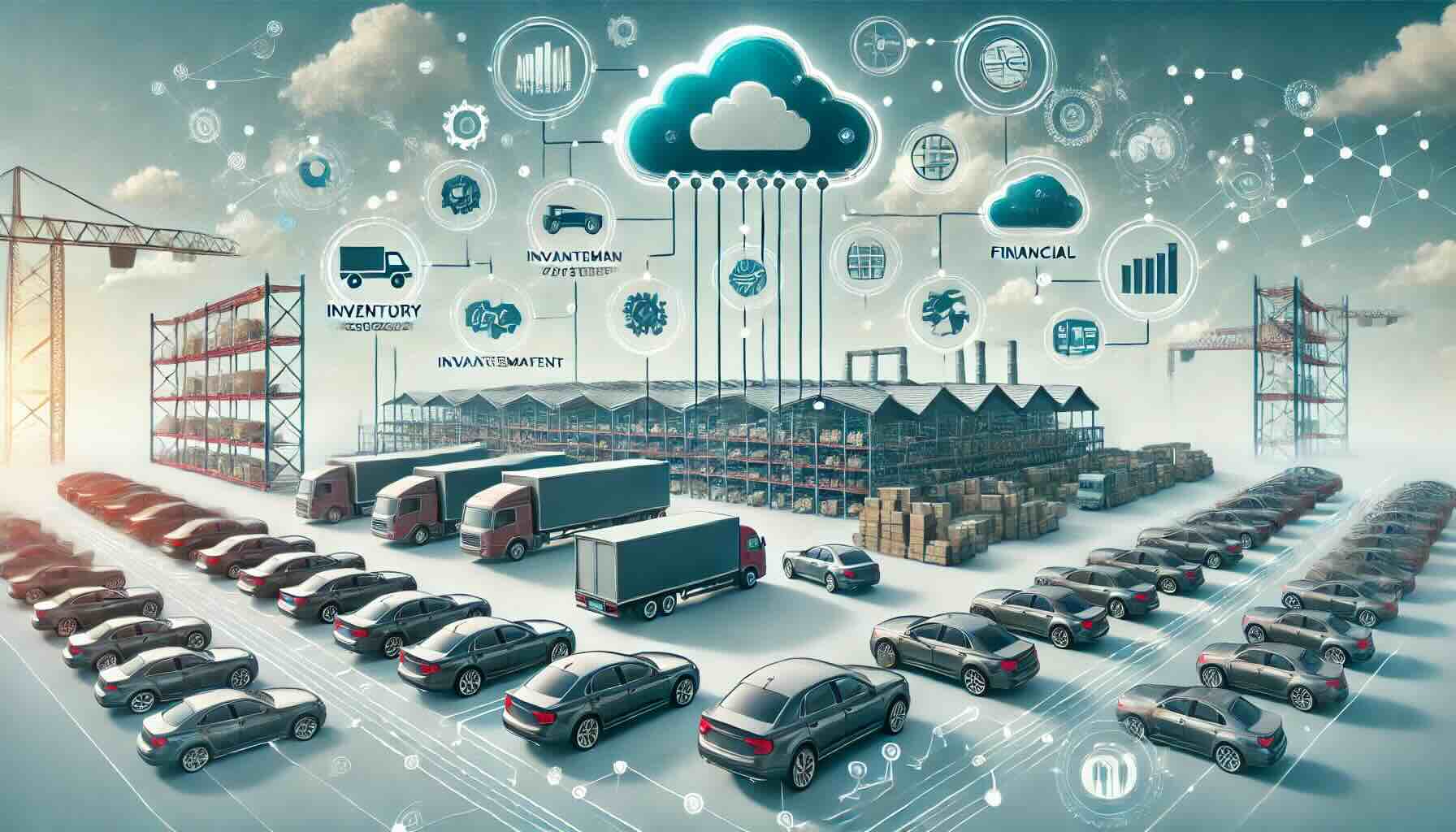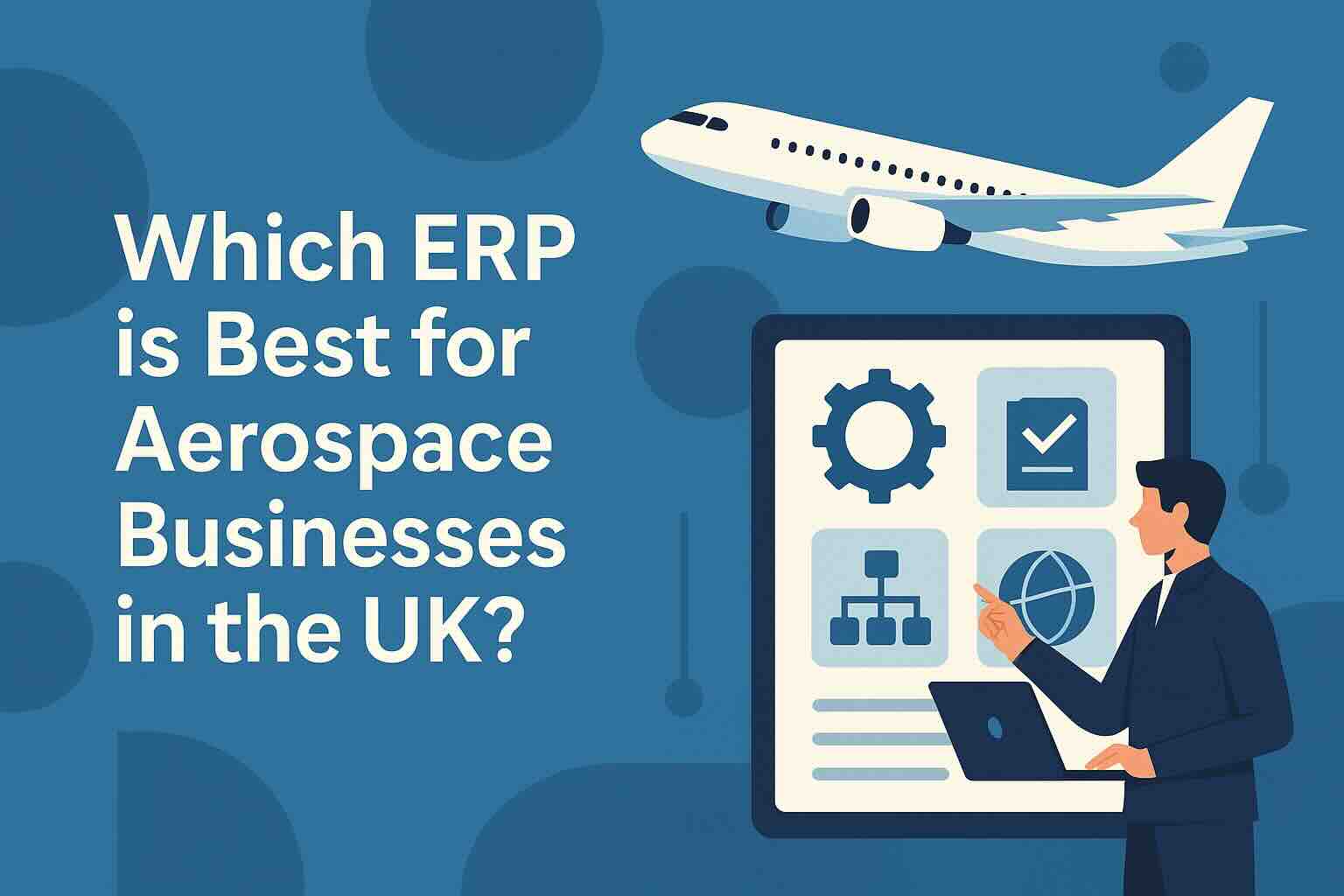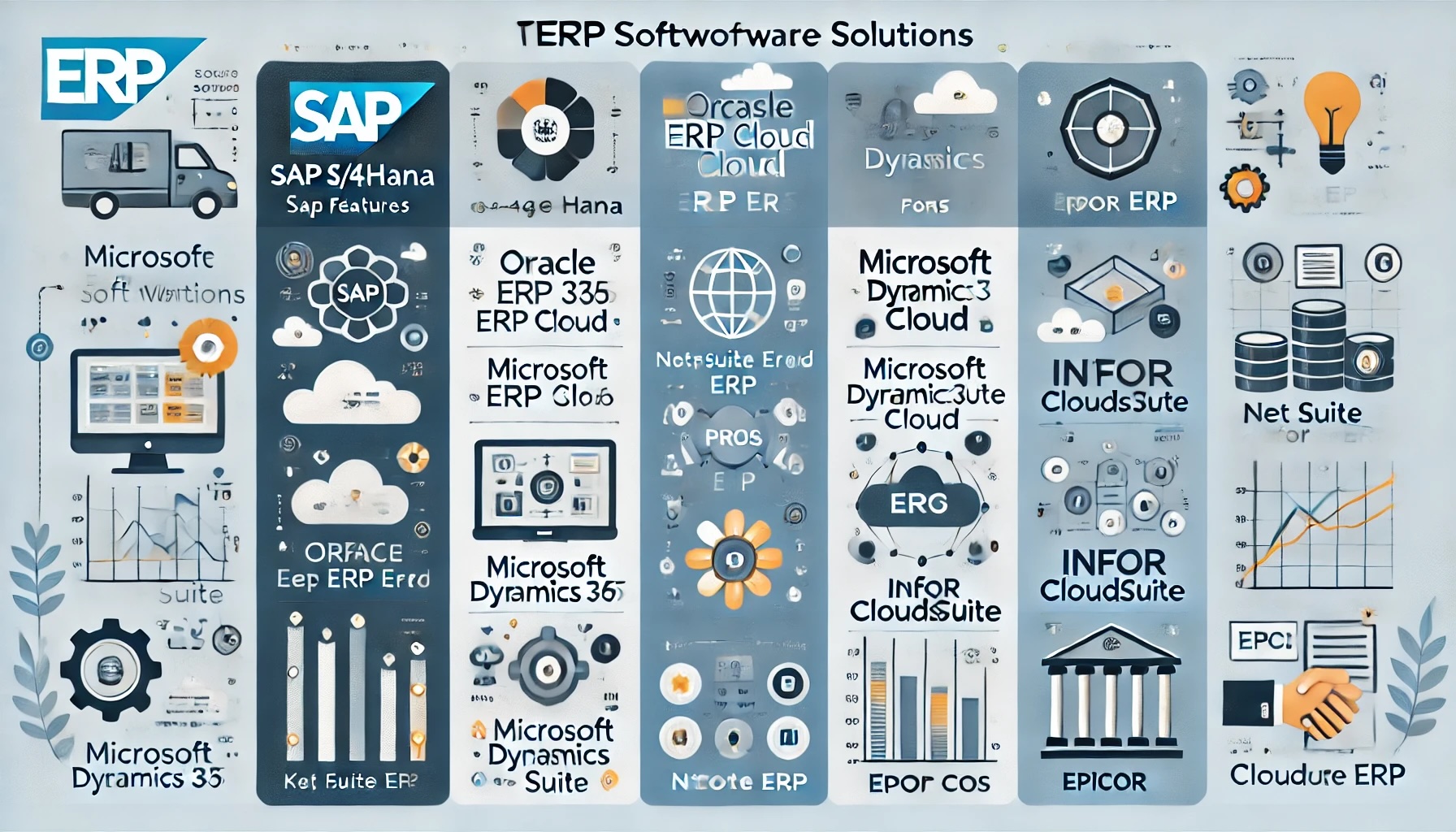Is Odoo a Good Choice for Agriculture and Farming?

Agriculture and farming businesses are evolving rapidly, with modern technology playing a critical role in improving efficiency, productivity, and profitability. One such technological advancement is Enterprise Resource Planning (ERP) software, which helps streamline operations, manage resources, and improve decision-making. Odoo, a popular open-source ERP system, has gained attention in various industries, including agriculture and farming. But is Odoo a good choice for agricultural businesses? Let’s explore how Odoo for Agriculture and Farming can enhance operations and why it might be the right solution for your farm.
Why Agriculture Needs ERP Solutions
Agricultural businesses face unique challenges, including seasonal fluctuations, inventory management, equipment maintenance, supply chain logistics, and financial tracking. Managing all these aspects manually or using different software systems can be inefficient and error-prone. This is where an ERP system like Odoo can help by offering a centralized platform to manage every aspect of farming operations.
Key Features of Odoo for Agriculture and Farming
Odoo provides a range of modules that can be tailored to the specific needs of the agriculture and farming industry. Here are some essential features that make it a strong choice:
1. Farm Resource Management
Managing farm resources efficiently is critical for profitability. Odoo allows farm owners to track and optimize land usage, monitor soil conditions, and plan crop rotations. The system can integrate with IoT sensors to gather real-time data, helping farmers make data-driven decisions.
2. Inventory and Supply Chain Management
Agricultural businesses often deal with fertilizers, seeds, animal feed, and machinery parts. Odoo’s inventory management module enables farmers to track stock levels, automate reordering, and ensure timely procurement. The supply chain management feature helps in tracking deliveries, managing vendor relationships, and ensuring smooth logistics operations.
3. Livestock Management
For farms that deal with animal husbandry, Odoo offers modules to track livestock health, breeding cycles, feeding schedules, and veterinary care. Farmers can set reminders for vaccinations, maintain records of milk production, and analyze herd performance over time.
4. Financial & Accounting Management
Odoo’s accounting module helps agricultural businesses track income, expenses, and profitability. It supports financial forecasting, tax calculations, and compliance with government regulations. The integration with other Odoo modules ensures seamless financial management across all farming operations.
5. Sales and Customer Relationship Management (CRM)
Farmers selling directly to consumers, wholesalers, or retailers can benefit from Odoo’s sales and CRM modules. These tools help manage customer interactions, automate invoicing, track orders, and improve customer satisfaction.
6. Fleet and Equipment Maintenance
Farm machinery and vehicles require regular maintenance to avoid unexpected breakdowns. Odoo’s fleet management module helps track equipment usage, schedule maintenance, and monitor fuel consumption, ensuring optimal performance and longevity.
7. Human Resource (HR) Management
Agricultural businesses employ seasonal and full-time workers, making HR management a crucial aspect. Odoo offers payroll, attendance tracking, contract management, and workforce planning, simplifying labor management.
8. Weather and Forecasting Integrations
Odoo can integrate with weather forecasting tools to provide farmers with real-time climate updates. This feature helps in planning irrigation, pest control, and harvesting schedules efficiently.
Benefits of Using Odoo for Agriculture and Farming
- Customization & Flexibility – Odoo is open-source, meaning it can be customized to fit specific agricultural needs. Whether you run a small farm or a large agribusiness, Odoo’s modular approach allows you to add only the features you need.
- Cost-Effective – Unlike expensive proprietary ERP solutions, Odoo offers affordable pricing plans, and the open-source version can be customized at a lower cost.
- User-Friendly Interface – Odoo’s intuitive interface makes it easy for farm managers and workers to use, reducing the learning curve and increasing adoption.
- Integration Capabilities – Odoo seamlessly integrates with third-party applications, including IoT devices, weather forecasting tools, and e-commerce platforms, ensuring a holistic management system.
- Scalability – As your farm grows, Odoo can scale with you, allowing you to expand operations without needing a new system.
Potential Challenges of Using Odoo in Agriculture
While Odoo offers numerous benefits, there are some challenges to consider:
- Customization Requires Expertise – Setting up and customizing Odoo for agriculture-specific needs may require technical expertise or hiring an Odoo specialist.
- Internet Dependency – Cloud-based usage may require a stable internet connection, which could be a challenge in remote farming areas.
- Initial Implementation Effort – Migrating data and training staff to use Odoo effectively may take time and effort.
To find out more about Odoo you can visit this link.
Conclusion: Is Odoo the Right Choice for Agriculture?
Odoo for Agriculture and Farming offers a comprehensive ERP solution that can significantly improve operational efficiency, resource management, and profitability in the farming industry. With its customizable and scalable features, Odoo provides a cost-effective alternative to traditional ERP systems. However, businesses should assess their specific needs, budget, and technical capabilities before implementing Odoo.
Choosing the right ERP can transform your business. With our AI-powered Compare ERP tool, you can quickly explore and compare solutions tailored to your needs. Get a personalized recommendation in less than five minutes. Our advanced engine analyzes millions of data points across 100+ ERP solutions, delivering your top three picks based on your business priorities. Best of all, it’s completely free. Take the first step toward streamlining operations and boosting productivity—start comparing today!
By carefully evaluating your requirements and conducting thorough vendor assessments, you can identify the ERP software that will not only streamline your processes but also position your company for future success.









